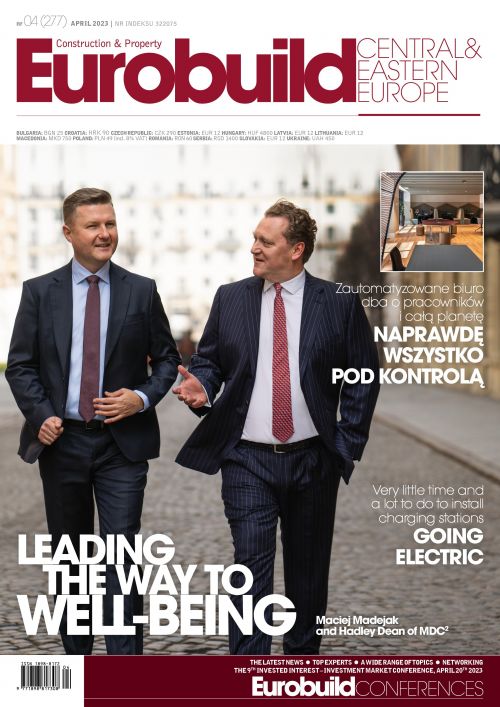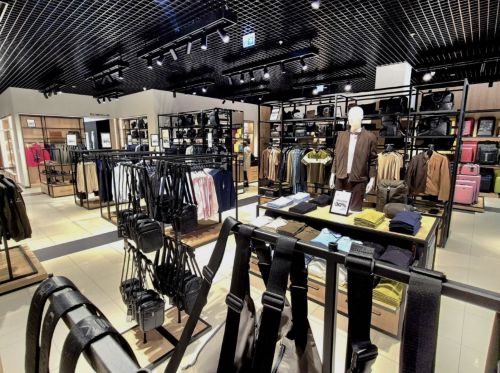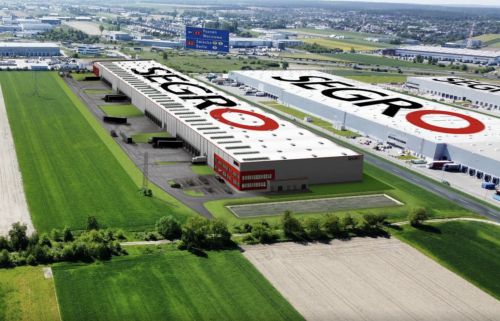Although I’d visited the city as a tourist a couple of times before, I obviously had no notion of what it was like living here. My first impression, upon getting off the coach at West Station, was of a very rundown place, with decaying bus shelters and a rather alarming station building that you didn’t feel safe hanging around in for any length of time. Oddly enough, this is one rare example of public transport infrastructure in the city that hasn’t been extensively renovated since then. Plans were announced several years ago to demolish it all and replace it with a shiny new building, but this project is still waiting to get off the ground, with the main stumbling block being the lack of available financing. So, while work on a new train station is now well underway next door, the eyesore that is the coach station stubbornly persists, sticking out like a particularly ugly thumb amidst all the state-of-the-art office buildings that now surround the site.
I soon discovered, thoug





























































